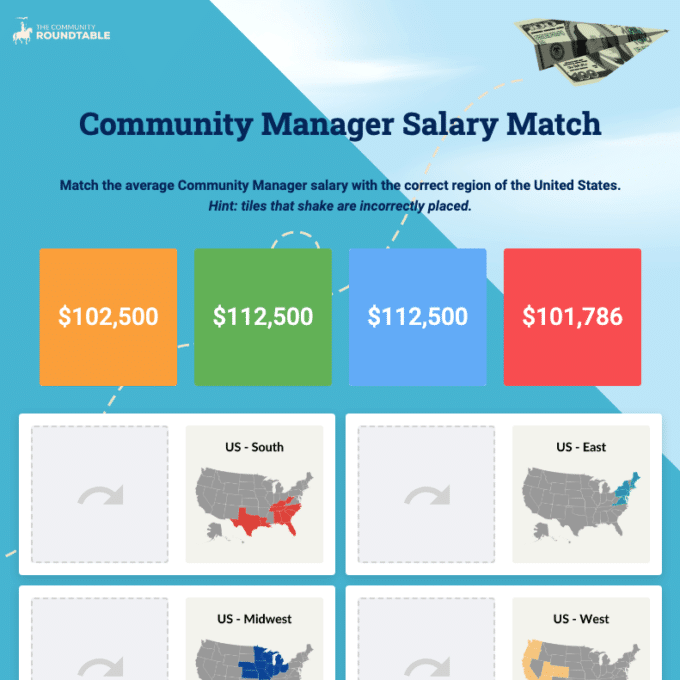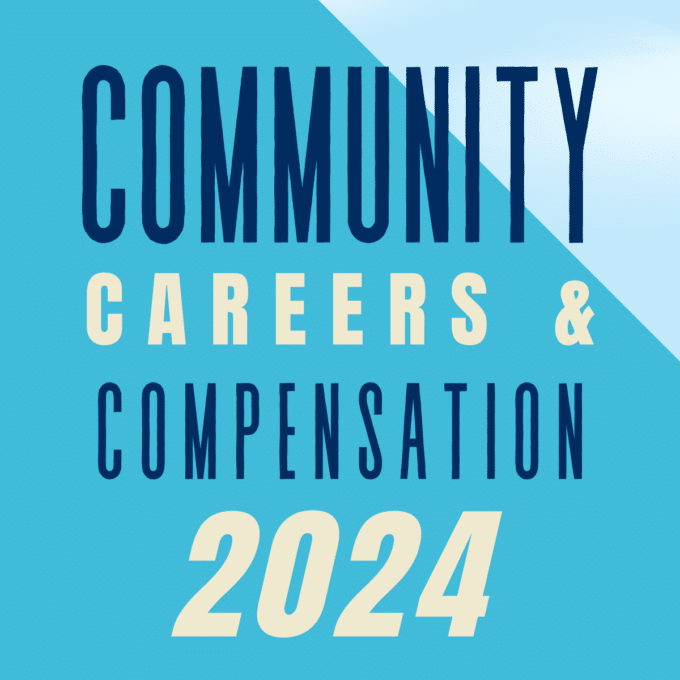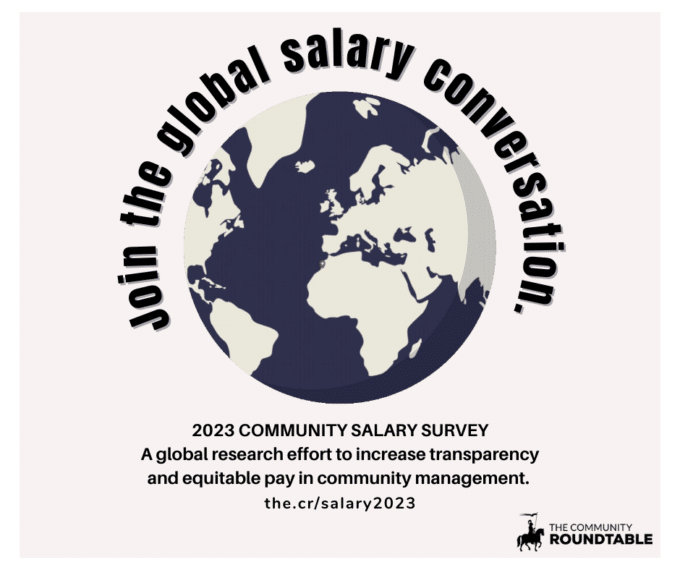Pay equity is the concept of compensating employees with similar job functions with equal pay, regardless of their ethnicity, gender, race, marital status or other status factors. When we last conducted specific compensation-focused research (in 2019) we DID NOT ask gender. [Insert grimace face emoji here.]
We do know, based on other research that there are a number of factors that contribute to the pay gap in across industries, including:
- Women are less likely to be promoted to higher-paying positions. A 2019 study by Hired found that women were 18% less likely to be promoted to senior management positions than men.
- Pay inequity impacts all races. According to U.S. Census Bureau in 2021. for every dollar paid to White, non-Latino men, White non-Latina women are paid 77 cents; Asian American, Native Hawaiian and Pacific Islander women are paid 75 cents; Black women are paid 64 cents; Latina women are paid 54 cents and Native American women are paid 51 cents.
- Non-binary professionals haven’t been represented. Until very recently, compensation was only analyzed in the gender binary, comparing men and women. Data on LGBTQ+ Americans has been at best limited and at worst nonexistent.
Help us start a global conversation on community compensation that represents all people.
We know talking about money is taboo. But we want to change that.
By sharing completely anonymized salary data for different roles, regions, and types of organizations we can start a powerful movement in the community industry toward more transparency and equitable pay.
Here are five reasons you should contribute to the 2023 Community Salary Survey:
1. To help ensure fair pay. Accurate and comprehensive industry-specific salary research helps to benchmark salaries which can help to ensure that employees are being paid fairly. This information is important for both employers and employees, as it can help to prevent pay discrimination and ensure that employees are compensated appropriately for their skills and experience.
2. To help improve your own salary negotiation. The final research (which is always free) will help you you can gain valuable insights into what your peers are earning. This information can be used to strengthen your own salary negotiation position and help you to achieve a fair and competitive salary. We need contributions from all over the world to make this a truly comprehensive data set.
3. To help inform your career planning. The final Community Salary research may also be helpful when thinking about your future in community. By understanding the salary ranges for community professionals in different roles and industries, you can make more informed decisions about your career path and set realistic salary expectations.
4. To help the industry as a whole. The more people who participate in the 2023 Community Salary research, the more accurate and comprehensive the data will be. This benefits everyone in the industry, and helps us move toward a world where transparency and pay equity are standard.
5. To make a difference. By contributing to this community salary research, you can help to make a positive impact on the lives of others. Participating helps ensure that people are paid fairly and that they have the information they need to make informed decisions about their careers.
Bonus number 6: it literally takes two minutes. Really, just two minutes! Learn more and start the survey.



